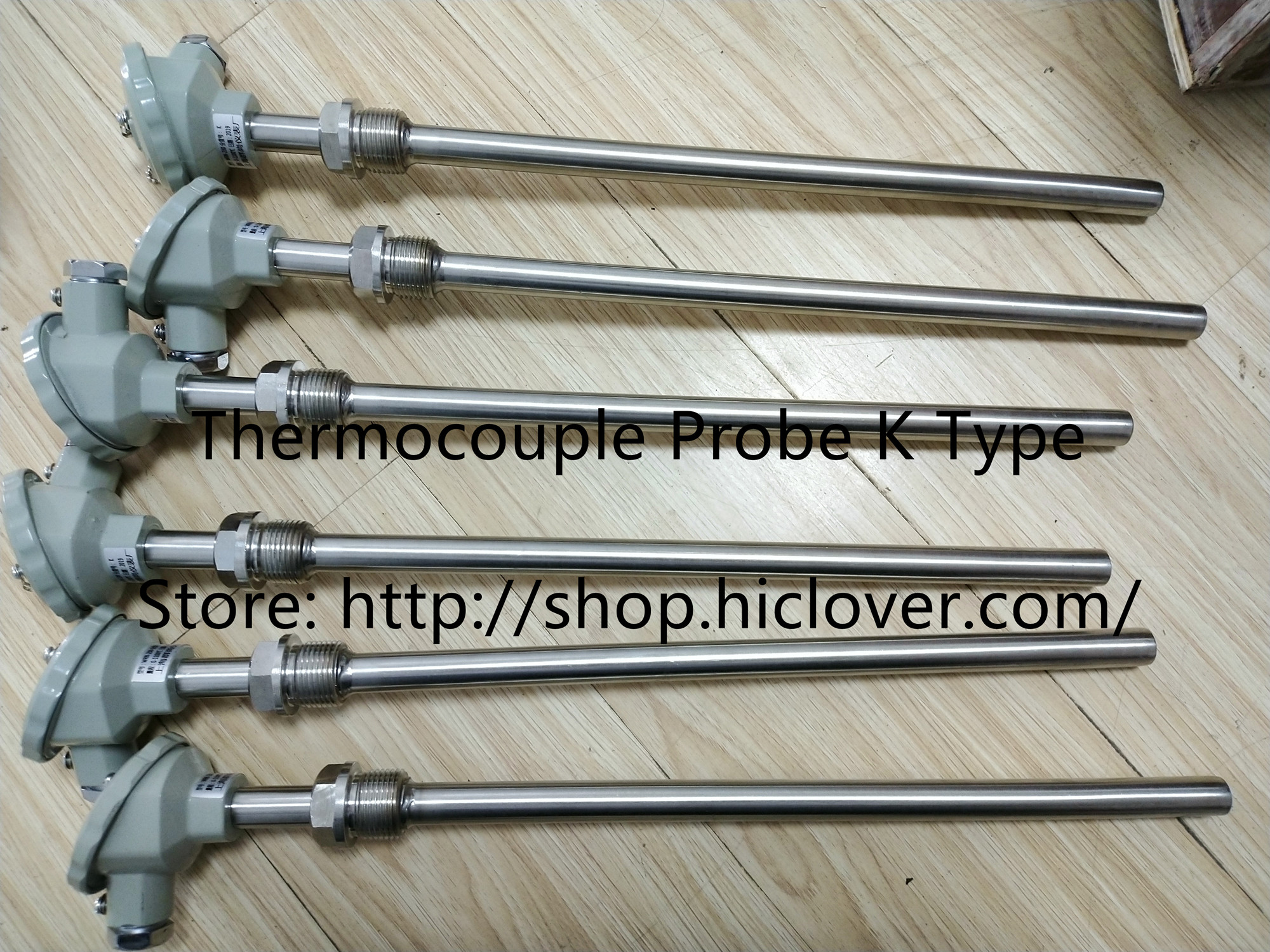China has long been facing a significant organic waste problem, with tons of food waste ending up in landfills and causing environmental issues. However, there is a wave of change being led by composting machines that are making a real difference in reducing this waste problem.
Composting machines are a sustainable and efficient solution to the organic waste issue in China. These machines are designed to break down organic waste, such as food scraps and yard trimmings, into nutrient-rich compost that can be used to fertilize soil. By diverting organic waste from landfills and turning it into valuable compost, these machines are not only reducing the amount of waste that ends up in landfills but also creating a valuable resource for agriculture.
One of the key benefits of composting machines is their ability to process organic waste quickly and efficiently. Traditional composting methods can take months to produce usable compost, but these machines can produce compost in a matter of days. This fast turnaround time makes them an ideal solution for reducing the amount of organic waste that accumulates in China’s urban areas.
Another advantage of composting machines is their versatility. These machines come in different sizes and capacities, making them suitable for a range of settings, from small households to large industrial facilities. This means that they can be used to address organic waste issues in both urban and rural areas, making them a versatile and adaptable solution to China’s organic waste problem.
Composting machines are also helping to reduce greenhouse gas emissions in China. When organic waste breaks down in landfills, it produces methane, a potent greenhouse gas that contributes to global warming. By diverting organic waste from landfills and turning it into compost, these machines are helping to reduce methane emissions and mitigate the environmental impact of organic waste.
Furthermore, composting machines are empowering communities to take control of their organic waste and turn it into a valuable resource. By producing their own compost, communities can reduce their reliance on chemical fertilizers and improve soil health, resulting in more sustainable and eco-friendly agricultural practices.
The adoption of composting machines in China has the potential to make a significant impact on the country’s organic waste problem. With their ability to process organic waste quickly and efficiently, their versatility in different settings, and their potential to reduce greenhouse gas emissions, composting machines are playing a crucial role in addressing China’s organic waste problem.
As China continues to invest in sustainable waste management solutions, composting machines are proving to be a key tool in reducing the environmental impact of organic waste and creating a more sustainable future for the country. Their widespread adoption and continued use will be essential in addressing China’s organic waste problem and building a more environmentally friendly and resilient society.



